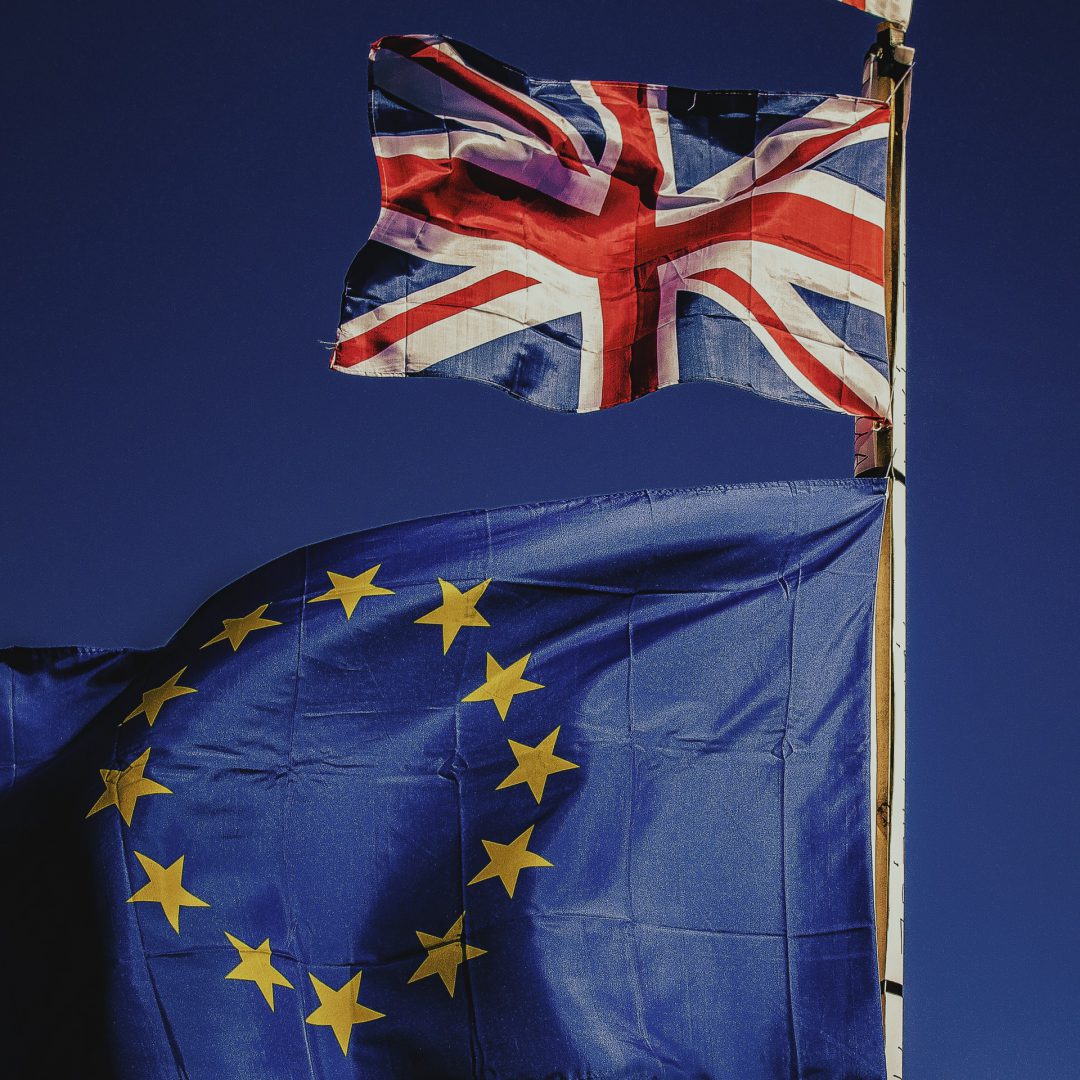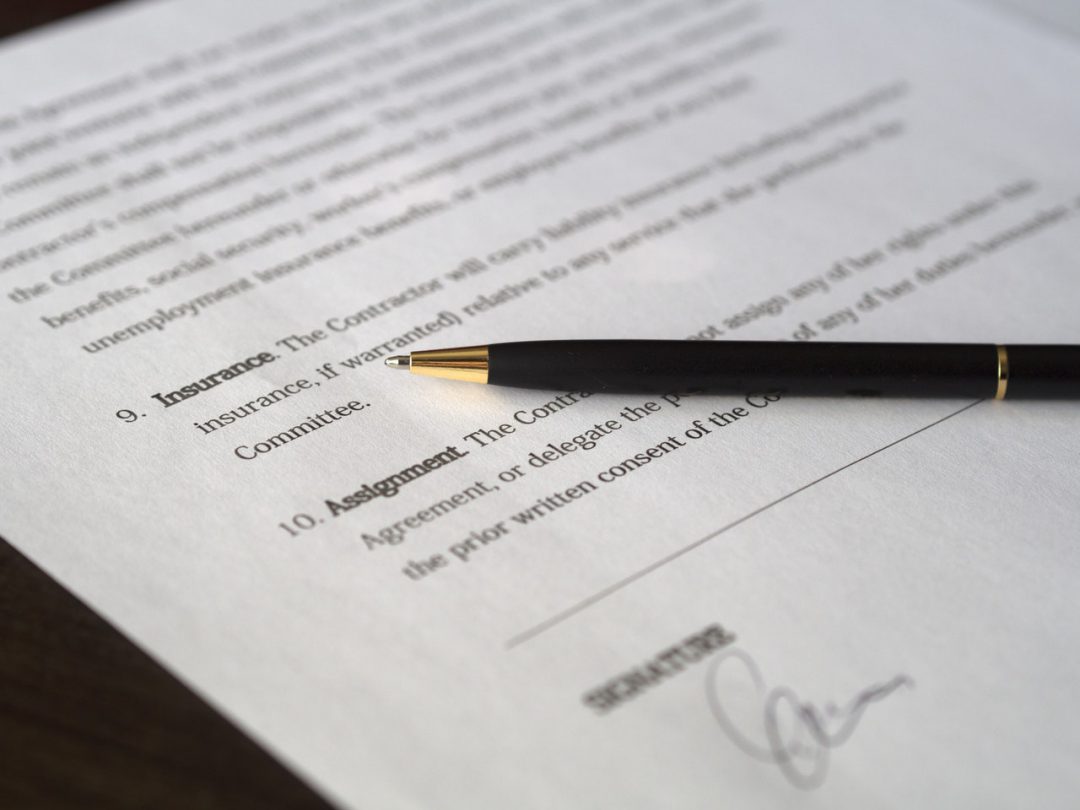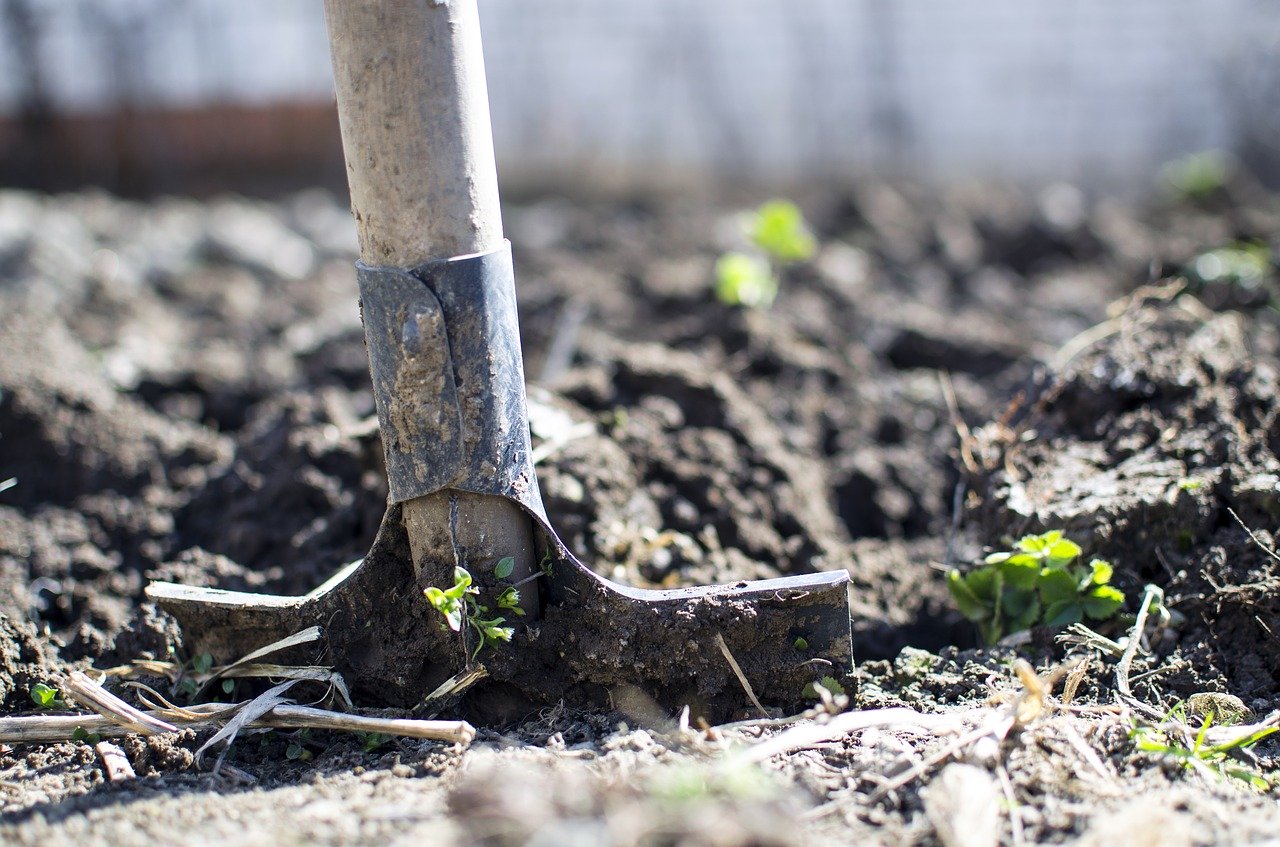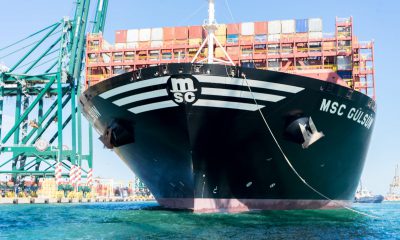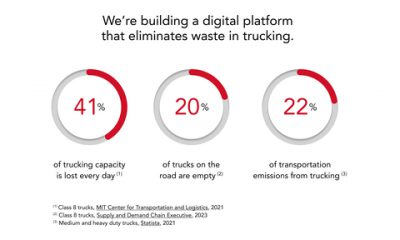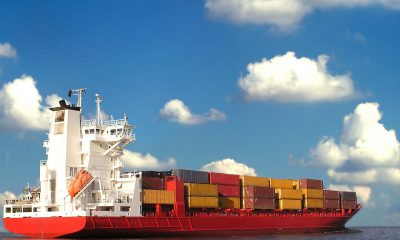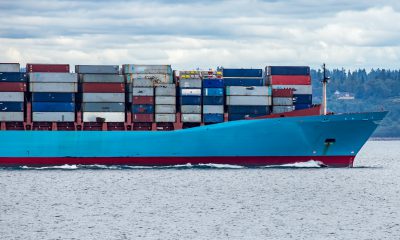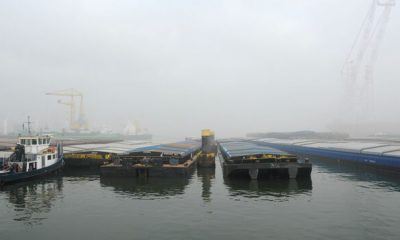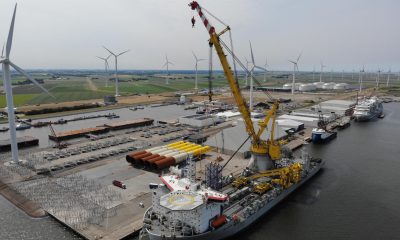As the global pandemic situation continues the demand for access to good quality food is on the rise and it’s a high priority to India. In a very recent official statement from the government, India ranks first within the number of organic farmers and ninth in terms of area under organic farming. Also Sikkim became the first state in the world to become fully organic and other states such as Tripura and Uttarakhand have similar goals.
With the aim of aiding farmers to adopt organic farming and improve remunerations, government had introduced two dedicated programs specifically Mission Organic Value Chain Development for North East Region (MOVCD) and Paramparagat Krishi Vikas Yojana (PKVY) were launched in 2015 to encourage organic farming.
The major organic exports from India are flax seeds, sesame, soybean, tea, medicinal plants, rice and pulses, which were instrumental in driving an rise of nearly 50% in organic exports in 2018-19, touching Rs 5151 crore.
Modest commencement of exports from Assam, Mizoram, Manipur and Nagaland to UK, USA, Swaziland and Italy have proved the potential by increasing volumes and expanding to new destinations because the demand for health foods increases.
Both Mission Organic Value Chain Development and Paramparagat Krishi Vikas Yojana are promoting certification under Participatory Guarantee System (PGS) and National Program for Organic Production (NPOP) respectively targeting local and international markets.
Before making a purchase a consumer should look for the logos of FSSAI, Jaivik Bharat / PGS Organic India on the produce to ascertain the organic authenticity of the product. This can be a very important element of an organic produce.
Presently, the commodities with highest potential include ginger, turmeric, black rice, spices, nutri cereals, pineapples, medicinal plants, buckwheat, bamboo shoots, etc. Supplies of organic produce has started from the north eastern region including for Mother Dairy from Meghalaya, Revanta Foods and Big Basket from Manipur.
The organic e-commerce platform www.jaivikkheti.in is being strengthened for directly linking farmers with retail as well as bulk buyers. Infusion of digital technology in a much bigger way has been a major takeaway during the pandemic period.
Indian organic farmers will soon be reinforcing the top place in the global agriculture trade.

